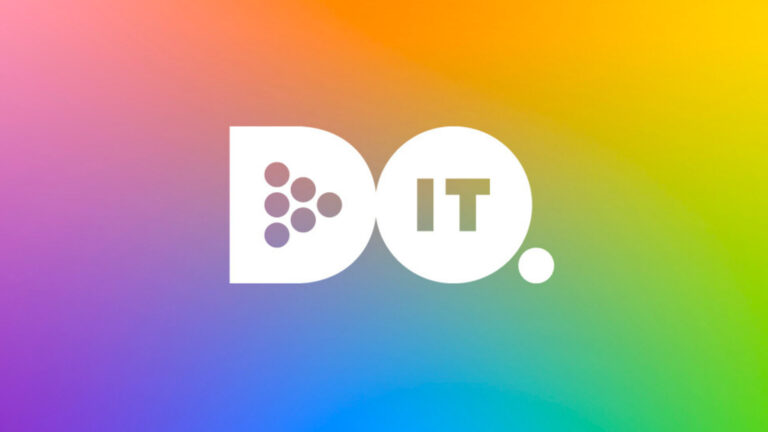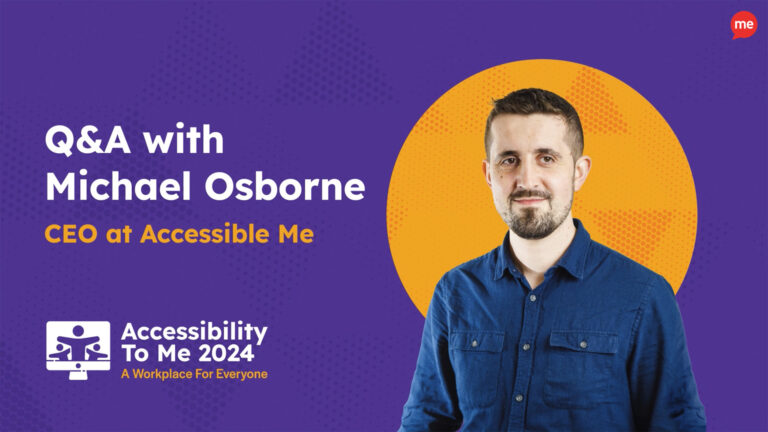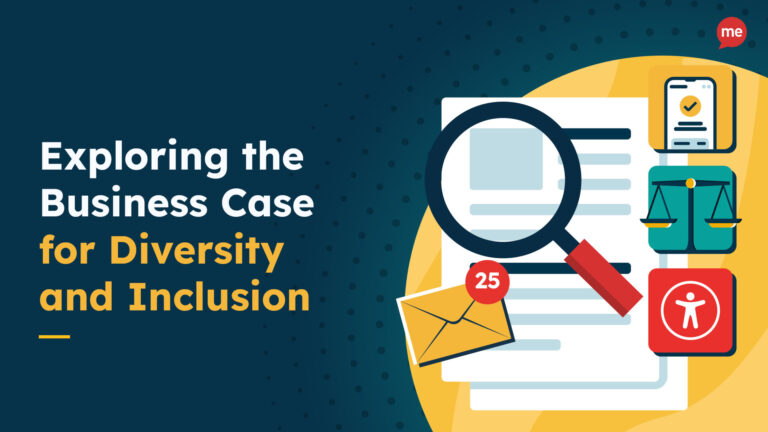Yesterday marked Global Accessibility Awareness Day, an annual occasion to get everyone thinking and learning about digital accessibility, diversity and inclusion. Dyslexia is something close to our hearts here at Recite Me, we see value in sharing experiences to ensure others don’t feel alone. We caught up with Leng Montgomery, a Senior DE&I Consultant at Charlotte Sweeney Associates, to discuss his personal experiences with dyslexia and the importance of providing support.
How would you define dyslexia?
I define dyslexia as being something I have whereby I can’t always read or write in a clear way. It also means that you can’t always tell what is wrong or incorrect. Having dyslexia doesn’t take away or prevent me from being around words or writing reports etc as I can do that. I also play a lot of Scrabble and Wordle and am good at those as I find it’s a great brain exercise for me to unscramble letters. It’s also helped me work through other feelings too that I am inadequate or stupid.
How does dyslexia affect your life (what challenges do you face– work and personal?)
It’s played a part in how much information I can sometimes retain if reading it – I sometimes miss very fine details or just can’t always see what is wrong with a piece of writing or find it hard to spot any grammatical errors. My spelling is good for the most part.
What support have you or others put in place to help?
I always make sure spell check is activated on all emails I have before I can send them out as that’s helped minimize type-o’s and has allowed a final review before something has been sent out. If the email or message is important I usually get a colleague to check it over. If an article is being written then I have a colleague check it over too as I feel peer review is good working practice and is useful to make sure what I have written has made sense.
I gave a Tedx Talk in 2018 and adjustments were needed for that – I can’t detail lots of information on a script basis if speaking publicly so I had a well-rehearsed opening statement and closing statement and followed the story flow of what I was discussing. Generally, when I speak I agree on the key points and use that as a flow rather than practicing what I will speak word for word.
Why is providing accessibility support important to Charlotte Sweeney Associates?
We are all about inclusion and we actively practice what we preach – I report to Charlotte Sweeney directly and she’s been very clear in asking what support I need but doesn’t ever treat Dyslexia as a reason that I couldn’t do something but will always identify ways to be more inclusive in terms of how we work together and how we work with our clients. She also has ensured that I won’t be too overloaded with writing tasks or I have broad deadlines so I can have some reflection time. With others in the team, I am open about having Dyslexia and have always said if something doesn’t make sense or if it’s incorrect to let me know and we’ve all found a great way of working where I never feel shamed and it’s helped me learn more from receiving feedback what would be more concise or better ways to lay something out in less words.
Accessibility support is very important as in many cases it’s almost like a well-kept secret – it’s there for the most part but it’s not spoken about widely enough. Fortunately, more workplaces are being more vocal around being inclusive or confident around having conversations around accessibility which promotes inclusion and has really opened my eyes to how many people do require support but it’s important to remember that everyone is different and it’s always good to have a conversation with the individual as taking Dyslexia as an example, what works for me might not work for someone else.


